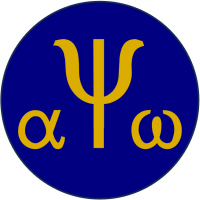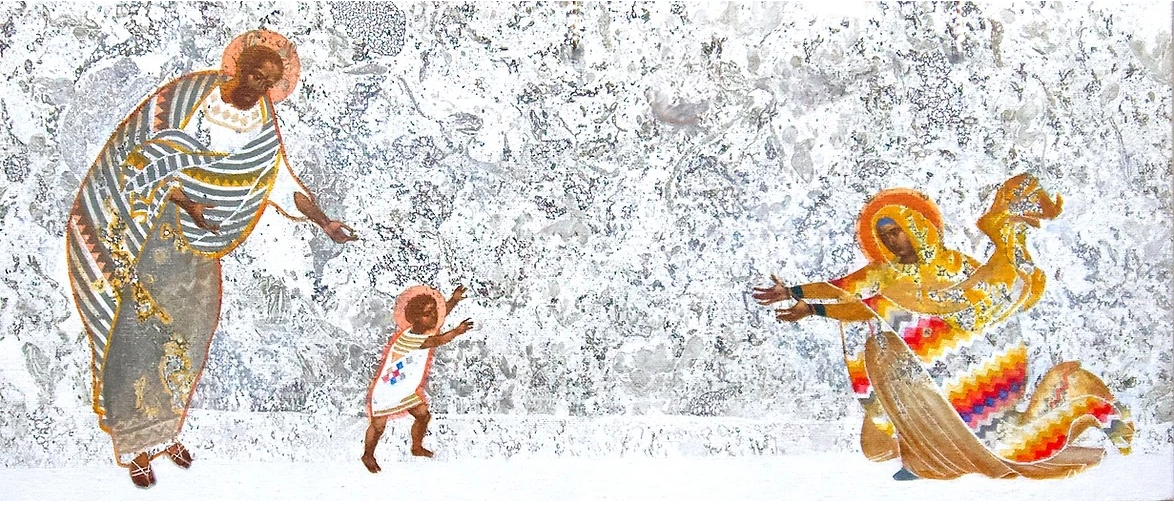Interested in reading more about the Early Church period, but don’t know where to start? See below for some suggestions…
D. N. Bell, A Cloud of Witnesses: An Introductory History of the Development of Christian Doctrine (Kalamazoo: Cistercian Publications Inc., 2007)
An exceptionally readable (and short) introduction to some of the main controversies in the first 500 years. This book is written with plenty of humour and nicely illustrates the squabbles, back-biting and other (very human) goings-on of some of the saintly figures involved. Don’t be put off by the word “Doctrine”. Highly recommended as a place to start exploring – a kind of “Dummies Guide” to the Early Church.
H. Chadwick, The Penguin History of the Church: The Early Church (London: Penguin Books, 1993)
An excellent paperback introduction to the whole field of Early Church study by a renowned scholar. More in-depth coverage on substantially more topics than “A Cloud of Witnesses” (above). Perhaps a little dense (lots of names, dates & places on every page) but not too technical. A good foundation for further reading.
G.A. Williamson (translator), Eusebius: The History of the Church from Christ to Constantine (London: Penguin Books, 1989)
So you’ve read a few books about the Early Church by modern scholars, but what about seeing Early Church history through the eyes of the first Church historian (writing c.300 AD)? This work is often our only source of information on some of the earliest people and events. Sometimes the text is not always easy to follow, but this is largely due to Eusebius’ style. This Penguin paperback is readily available and has a useful introduction by a renowned scholar (Andrew Louth).
J.N.D. Kelly, Early Christian Doctrines (London: Continuum, 1977 – 5th Edition)
The classic textbook on the Early Church period with plenty of references to Early Church writings on every page. Not necessarily a book to buy with the intention of reading it from cover to cover, but an excellent resource & reference to help you start digging a little deeper into areas that grab your attention. An ideal follow-up to Chadwick’s “The Early Church” (above).
Hans von Campenhausen, The Fathers of the Greek Church (London: Adam & Charles Black, 1963)
This book dedicates a short chapter to each of 12 key figures from the early Eastern Church (who thought and wrote in Greek). Includes coverage of Justin, Irenaeus, Clement of Alexandria, Origen, the Cappadocians, etc). The style is very readable, and you don’t have to be a specialist to get past the first page (the same applies to the companion volume below). Long out of print, but you should easily be able to find a copy from Abebooks.co.uk for a few pounds.
Hans von Campenhausen, The Fathers of the Latin Church (London: Adam & Charles Black, 1964)
Never let it be said that I’m (completely) biased! This book dedicates a short chapter to each of 7 key figures from the early Western Church (for whom Latin was their linguistic and cultural background). You’ll find chapters on Tertullian, Cyprian, Ambrose, Jerome and (of course) Augustine. The same comments on style and readability apply as to the above book, and again it’s not currently in print, but should be easily obtainable from Abebooks.co.uk for next to nothing.
C. Stead, Philosophy in Christian Antiquity (Cambridge: Cambridge University Press, 2008
An excellent paperback overview of the philosophical background to the Early Church period and the interaction between Greek philosophy and Christianity.
A. E. McGrath, Christian Theology: An Introduction (Oxford: Blackwell Publishers Ltd, 2016)
The best one volume textbook I’ve come across on the broad subject of Christian theology. Helps to place Early Church ideas and debates in the wider historical context. Written for absolute beginners at university level.
K. Rudolph, Gnosis: The Nature & History of Gnosticism (New York: HarperSanFrancisco, 1987)
A good, comprehensive introduction to the topic.

